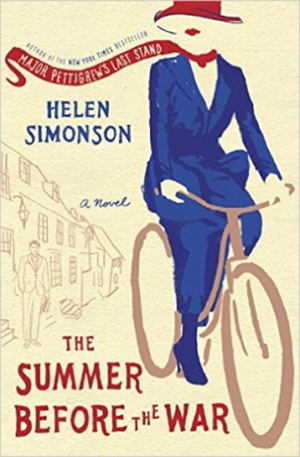Author Helen Simonson’s ‘The Summer Before the War’
Love in the time of garden parties and WWI

'The Summer Before the War,' by Helen Simonson.
Helen Simonson’s charming debut novel “Major Pettigrew’s Last Stand” was an instant New York Times bestseller, drawing the highest critical acclaim.
Now, after five years of research and writing, Simonson – a resident of Brooklyn Heights – is releasing today her highly anticipated second novel “The Summer Before the War.”
In an interview with the Brooklyn Eagle, Simonson — who has been compared to Jane Austen — says that her latest work, set in the months leading up to WWI and into the war, is about “what people think is important, and what turns out to be important, when life puts you to the greatest of tests.”

Brooklyn Heights
View MoreRead the Brooklyn Height's Press and Cobble Hill News. Find out more about Brooklyn Height's History here.